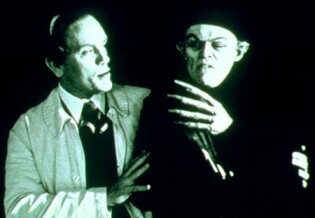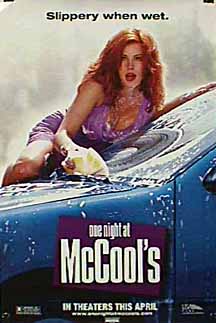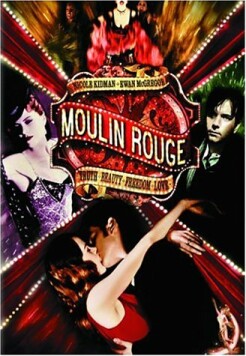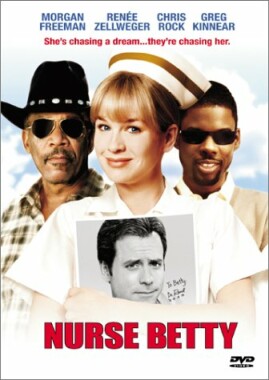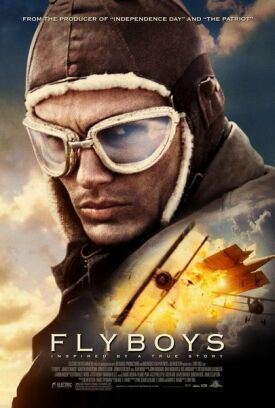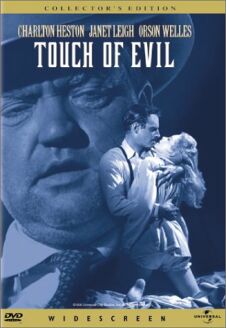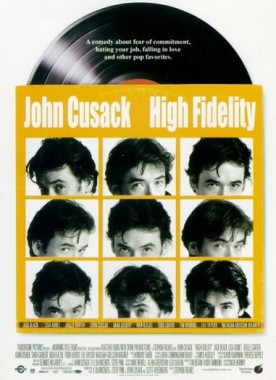Shadow of the Vampire
Shadow of the Vampire, directed by E. Elias Merhige, is very slight
but frequently entertaining, mainly because of the performance of Willem Dafoe
as Max Schreck, acting the part of the actor who acted the part of the vampire
in F.W. Murnau’s classic of 1922,
Nosferatu. Murnau himself is played with typical menace by John Malkovich, and he and Dafoe
prove to be perfect partners in a double act whose pleasures for the audience
fortunately do not depend either on dramatic plausibility or on a successful
evocation of the horror of both films’
ostensible subject, since we don’t
come close to getting either of these things.
What we do get, besides the skillful acting, is a clever script by Steven
Katz, whose way with a joke also helps to compensate us for what the movie
hasn’t got. For example, a worried
flunky pursues Murnau from the set, saying:
“Frederick, ve haff to talk about ze
vampire.”
“Not
now,” says the preoccupied director.
“It’s nearly
dark.”
Then there is the superstitious Czech landlady who is horrified that Murnau
has removed the crucifixes she has posted in every room of her inn, insisting
that he “can’t film unless you put
back the crosses.” Murnau replies with
some irritation: “We’ll put them back
later; now they overwhelm our
composition.” I also liked
Dafoe’s Schreck on Dracula, for
which Murnau had been unable to obtain the rights from Bram
Stoker’s widow.
“I read that
book,” says the stand-in vampire, the
ambiguity of whose own actual life as a vampire is the flimsy foundation on
which the film’s humor is built:
“It made me sad…because Dracula had
no servants.”
Murnau mildly observes: “I think
you missed the point of the book,” but
Schreck does a very good job of explaining what he means.
“Someone comes to his ancestral
home expecting hospitality…to be fed, when he hasn’t eaten food himself in
four centuries.” What is he going to
do? Whip up a nice macaroni and cheese for his guests? It is one of the few
moments where the film is successful in its aim (if this is its aim) of
bringing together the mythic origins of the vampire legend, the aristocratic
trappings with which the 19th century adorned
it and the popular cinematic culture, based on celebrity, which retailed the
legend to a 20th century mass audience in
search of
“entertainment.”
But the film has nowhere to go with this and itself becomes a victim of the
obvious fact that that entertainment has made a regrettable transition from
horror to comedy.
In fact, we might almost posit it as the law of cultural entropy that every
other form of artistic emotion is eventually reduced to mere comedy. And in this
case it is one of the lowest forms of comedy: a Hollywood satire of
“the
business” of filmmaking, which is
really just an excuse for yet another dose of Hollywood narcissism, already the
business’s besetting sin. The
filmmakers make the mistake of believing that, by satirizing the movie
culture’s own fuzziness about the
distinction between cinematic illusion and reality, they are saying something
both funny and profound. This itself is an illusion to dwarf any other, so often
and to so little purpose have similar things been said.
Other clichés which cleverness cannot avoid include the
film’s obeisances to popular images of
the period with, for example, obligatory scenes of pornographic acts (very
tastefully represented) in a Berlin nightclub before the film crew and company
evacuate to Czechoslovakia to shoot the vampire scenes on location. But why not
use these reminiscences of Cabaret, these clichés of Weimar
Berlin, to play the vampire stuff off of? Elsewhere the film has no difficulty
in recognizing the connection between sex and death. But once we have said
good-bye to Berlin, any sense of connection with the actual historical and
social realities of the period in which the film is set vanishes. In
Czechoslovakia we are, as it were, transported to the middle
ages — which may indeed be an accurate
representation of parts of Czechoslovakia at the time.
But here is another missed opportunity, and the one most to be regretted. For
the film throws in the towel at once when it comes to persuading us to suspend
our disbelief. All that’s left are
some portentous statements of philosophy (Murnau insists that
“we are scientists engaged in the
creation of memory, but our memory will neither blur, or
fade” ). Even observations that are
very much to the purpose, as when Murnau compares his cinematic representation
of the vampire myth to “lovemaking
games” because
“you believe them when they happen,
but they always stop short of anybody being seriously
hurt” is singularly unhelpful in
understanding what these people are up to, since people are hurt. People
are killed. Or apparently so. Yet their deaths are not given their full
cinematic value, which naturally prevents any slippage of this comedy about
horror film-making into actual horror. A pity. It might have been quite
something if it had managed to combine the two.
Discover more from James Bowman
Subscribe to get the latest posts to your email.

